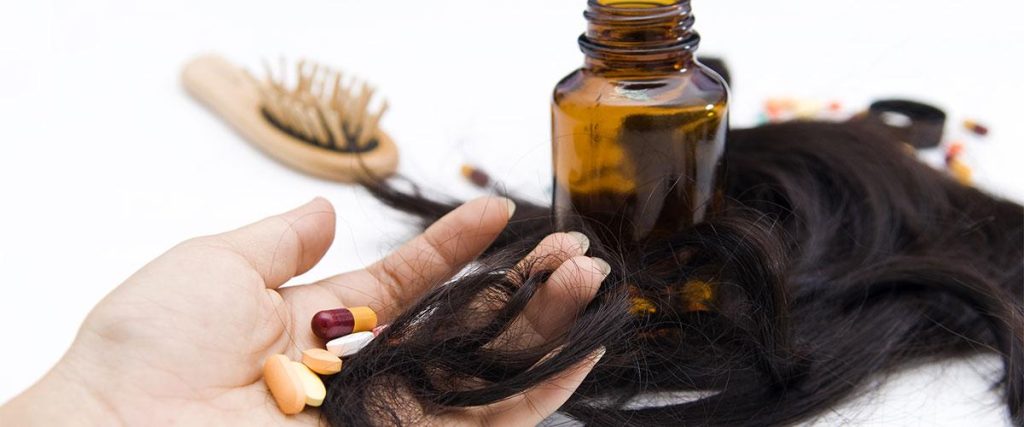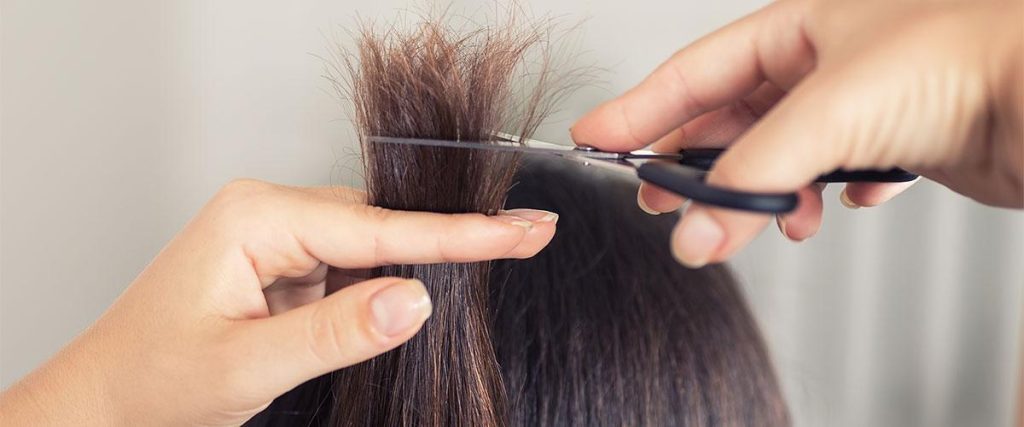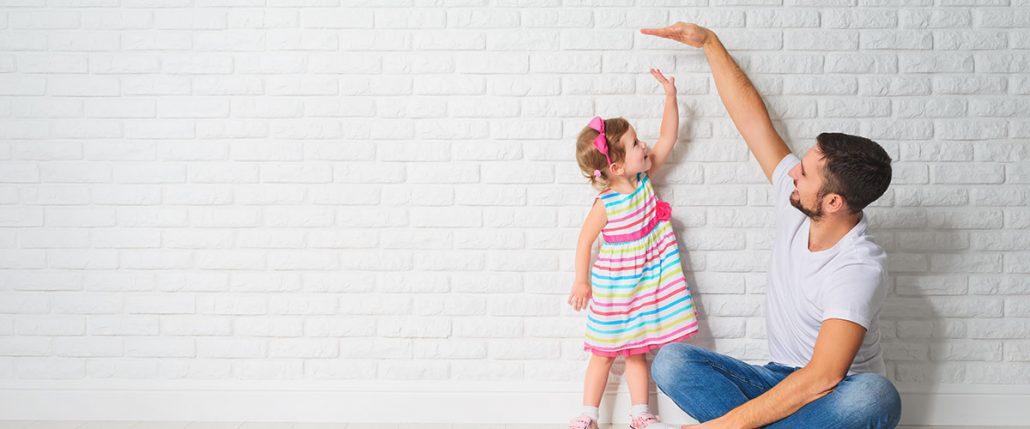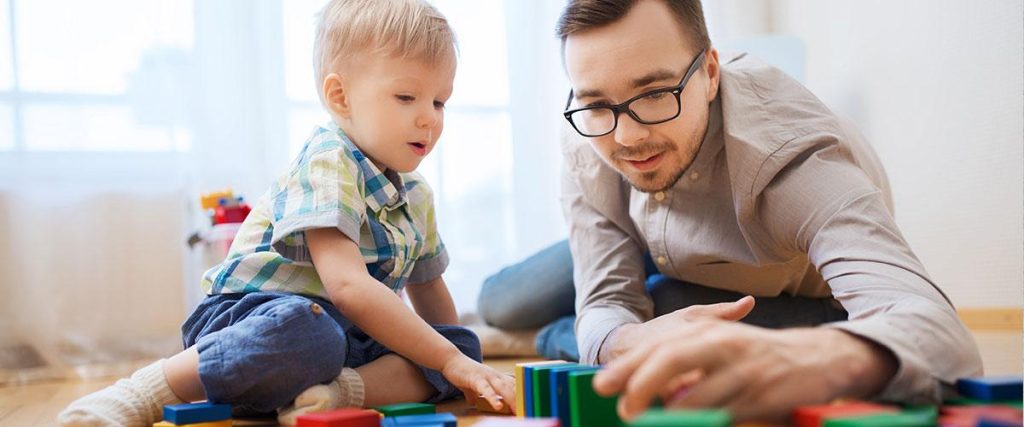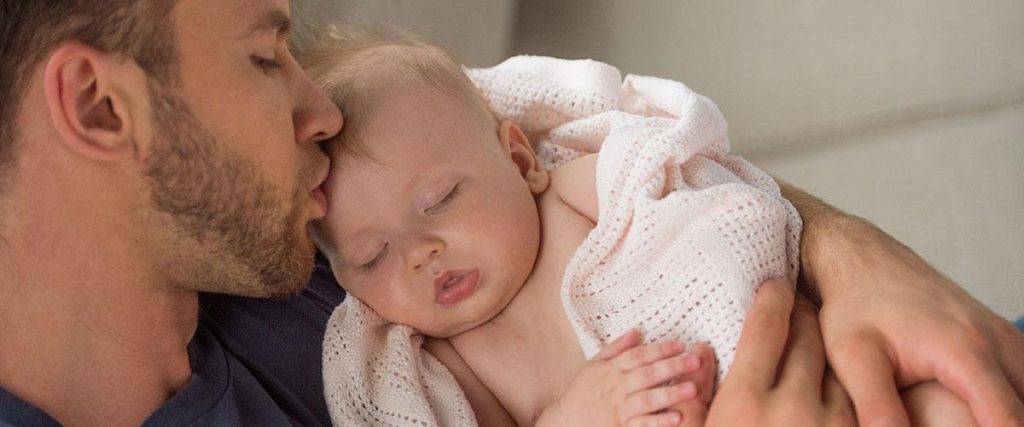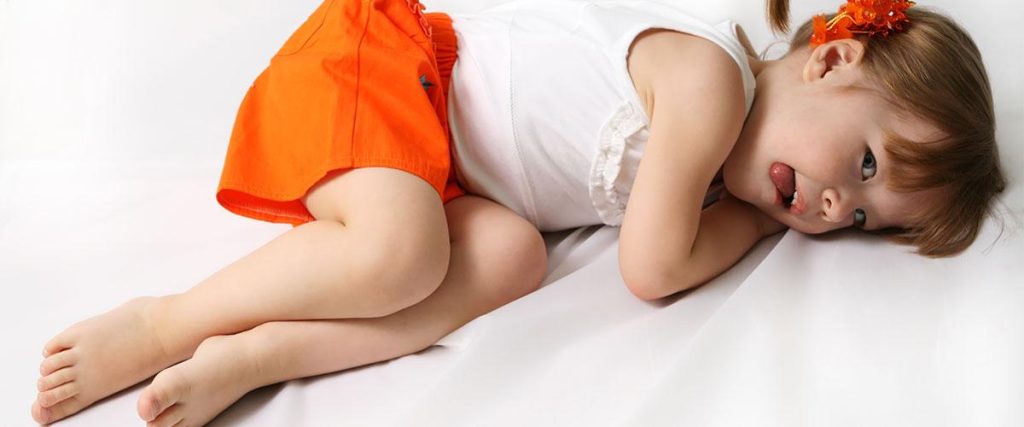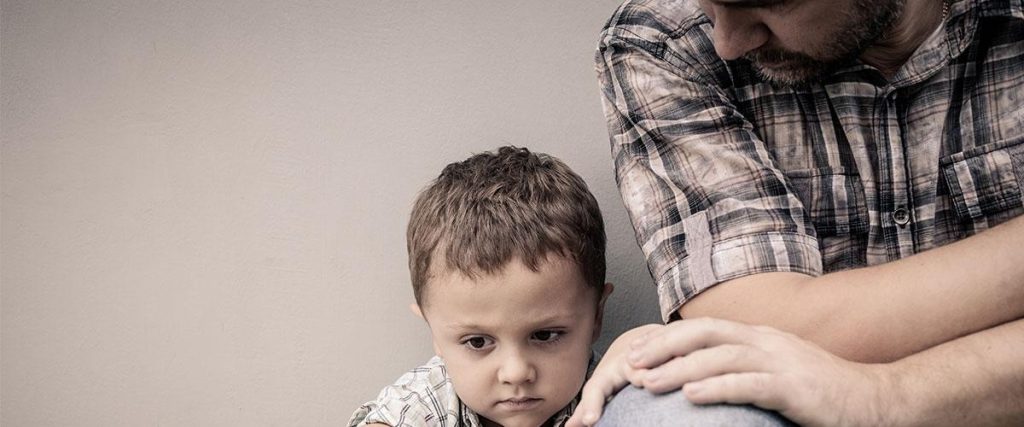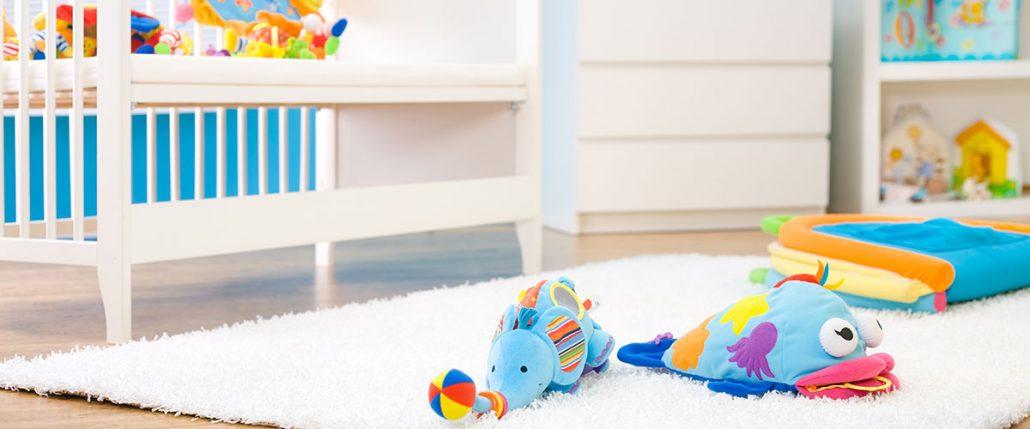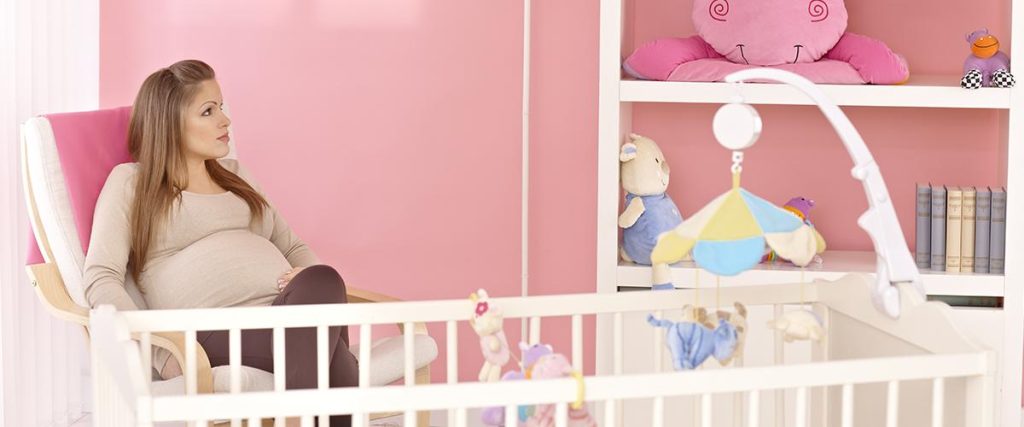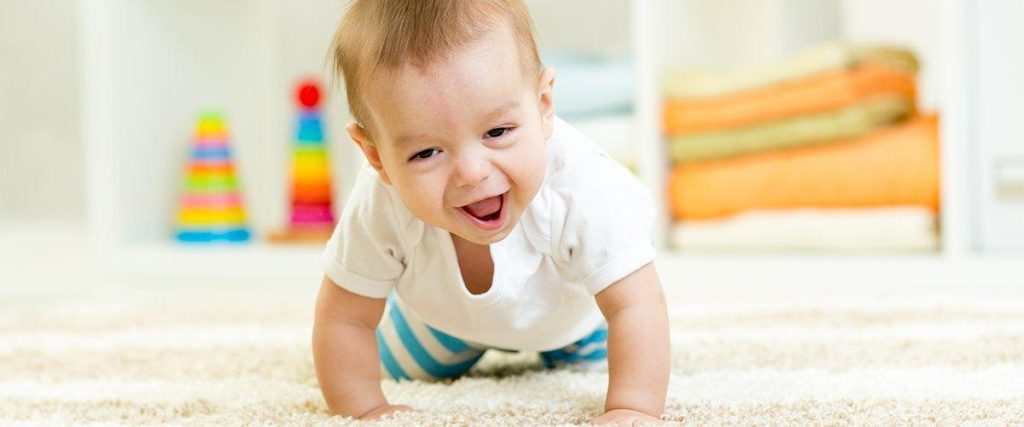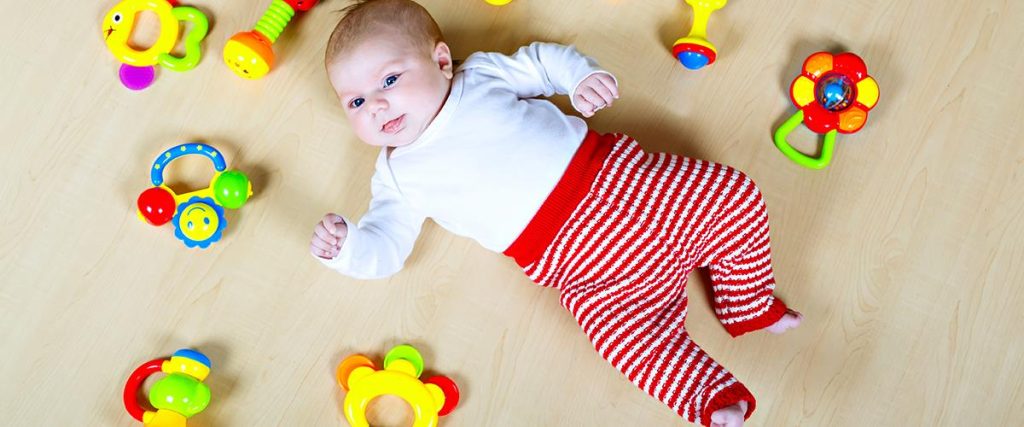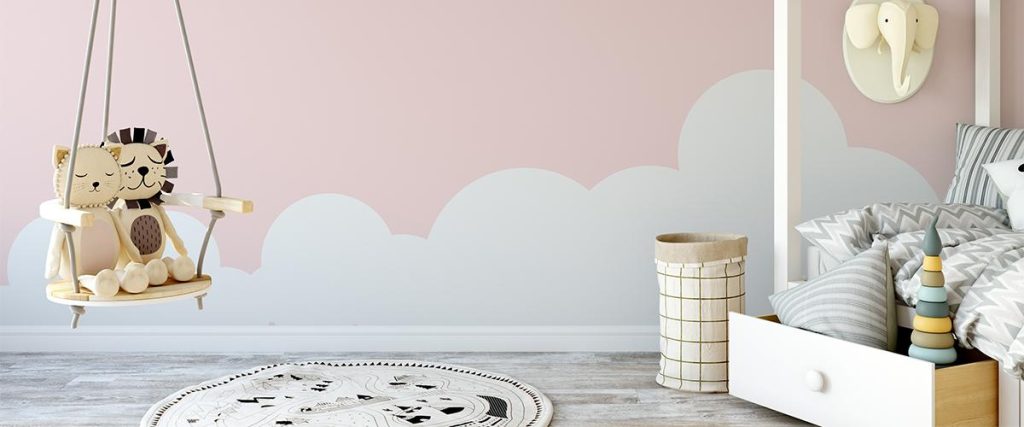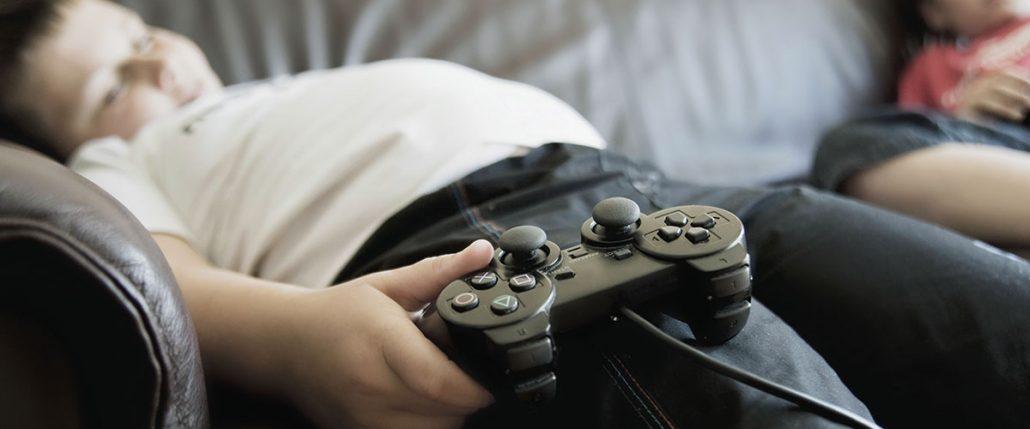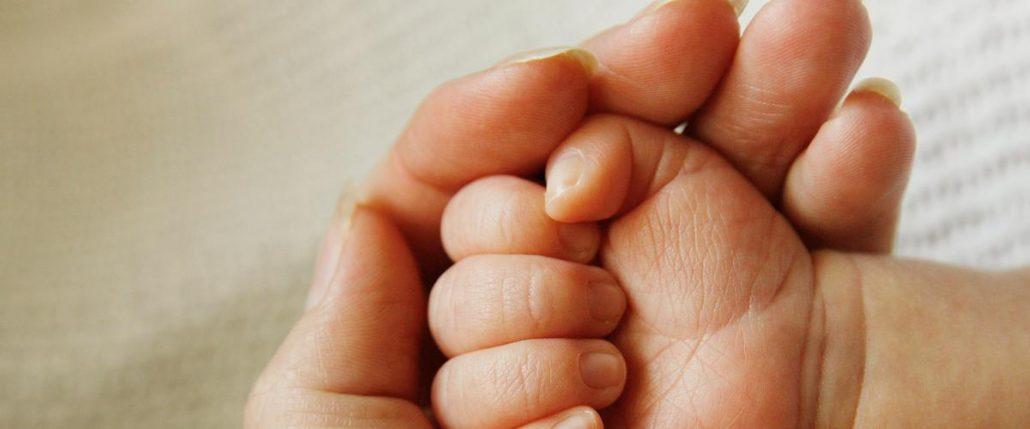Parenting skills are generally learned from our own caregivers or through our experiences and observations during our childhood. This process is called “role modeling”. In most cases, the role model is a mother or a father or both, but in many cases, the role model could be a grandparent, foster parent, family friend or any other guardian. Throughout these early life experiences, most parents learn healthy and adaptive ways of raising the child. However, for some, it’s a challenge as their own upbringing has gone through some dysfunctional issues like violence, abuse, negligence or other forms which disturb and restrict their ability to parent.
Past bad experiences can be a challenge for some people. In other words, it can be challenging for them to parent their children differently from how they have been parented. They are always cautious about the fact that what happened to them shouldn’t happen to their children. Parents either having poor childhood memories or good childhood memories are always concerned about their parenting skills.
The road to better parenting or parenting differently from what you experienced begins with the process of self-discovery. Consult a social worker or read books related to the ways of overcoming bad experiences you had as a child which is now affecting your adult life and parenting. This will give you a clear view of yourself to fully and deeply examine and determine “what to act” and “how we act”.
This is the first step of parenting. By understanding ourselves, we are then better equipped to recognize our current parenting behavior. It enables us to contrast our behavior with what children really need for healthy development. In case of discrepancy between what we now realize we are doing and what is actually best for children, steps can be taken to improve the matter. The next steps involve shedding the old patterns of parenting behaviors in favor of adopting new parenting skills.
Strategies to become a better parent can come in several different forms and include everything from reading books to notes on the refrigerator door to counseling, to support groups, to parenting classes. Along the way, you may desire to adopt a new role model. If your role models weren’t healthy, think of someone else, whose parenting abilities you admire. This could be a friend’s parent, a fictional character from a book or even a television personality. The objective here is to pick someone who you know parent well. When you are stuck and wonder what to do, you can think what that person would have done in your situation. This is a nice way to take care of yourself and your children.
HELPFUL PARENTING TIPS
Phone
Does your child suddenly seek your attention or phone when you’re busy chatting with a friend? Get your child a toy phone, or give your child an old cell phone without the battery that you are not using. This may even work better than a toy phone since some children know what’s a toy, and what’s the real deal!
Manners
Do you want your child to speak politely and mind his/her manners? Make sure you do the same, especially when speaking with him/her. Try and think of ways in which you can use words like “Thank-You” and “Please”. For example, you could say, “Can I see your doll, please?” Then return it to her and say, “Thank you.” Encourage her to reply with, “You’re Welcome.”
Breastfeeding
You’re out of the house with your baby, shopping at the mall, when your baby starts wailing. It’s time for a feed. One of the best things to do is to take your baby to a changing room at a store and breastfeed there. Alternatively, take her to the ladies restroom and feed her there. Many restaurants, large stores, and hotels have fairly swanky restrooms with a seating area inside, so you don’t need to take her all the way into the cubicle and feed her while sitting on the toilet.
Distraction
Talk to your baby to keep her still when taking her for a haircut, when helping her change her clothes or when changing her diaper. A one-way conversation is not enough stimulation for her, so make sure she participates. A great tip is to ask her to point out various parts of her body. Ask her where her mouth is, where her ears are, and so on. Wind chimes work great. Change the clothes of the baby under the wind chimes, and tinkle it at the time of changing. Baby will be sufficiently distracted to let the change.
Food
Is your child a fussy eater? Get a plate with a loud, colorful picture painted on. Cover the picture with food, and let him see how, with every spoonful he puts into his mouth, the picture reveals itself. Let your child understand that he needs to finish his food if he wants to see the picture. Draw his attention to the image, and describe it to him. Ask him to repeat after you. Television is a better alternative to keep him engrossed. A great tip for fast food, without actually resorting to fast food, is to cook a whole lot of pasta beforehand and store it in the freezer, in separate lots. Similarly, tomatoes puree, simmer them with chopped capsicum pieces and freeze the mixture. When you need to get food ready for your kids in a jiffy, pull out a lot of pasta, tomato puree, and cook it along with a few chopped vegetables and cheese. Add fresh basil leaves for flavor.
WAYS TO HANDLE A NEW-BORN
Here are a few basics to remember when you’re handling your newborns:
- Wash your hands (or use a hand sanitizer) before handling your baby. Newborns don’t have a strong immune system yet, so they are susceptible to infection. Make sure that everyone who handles your baby has absolutely clean hands.
- Be careful to support your baby’s head and neck. Cradle the head when carrying your baby and support the head when carrying the baby upright or when you lay your baby down.
- Be careful not to shake your newborn vigorously. Strong shaking can cause bleeding in the brain and even death. If you need to wake your infant, don’t do it by shaking, instead, tickle your baby’s feet or blow gently on a cheek.
Make sure your baby is securely fastened into the stroller or car seat. Limit any activity that could be too rough or bouncy for your child.
Remember that your newborn is not ready for rough play, such as being bounced up and down on the knee or thrown in the air.
For more pregnancy tips including healthy and delicious recipes for your pregnancy diet, don’t forget to check out the rest of our site.



























